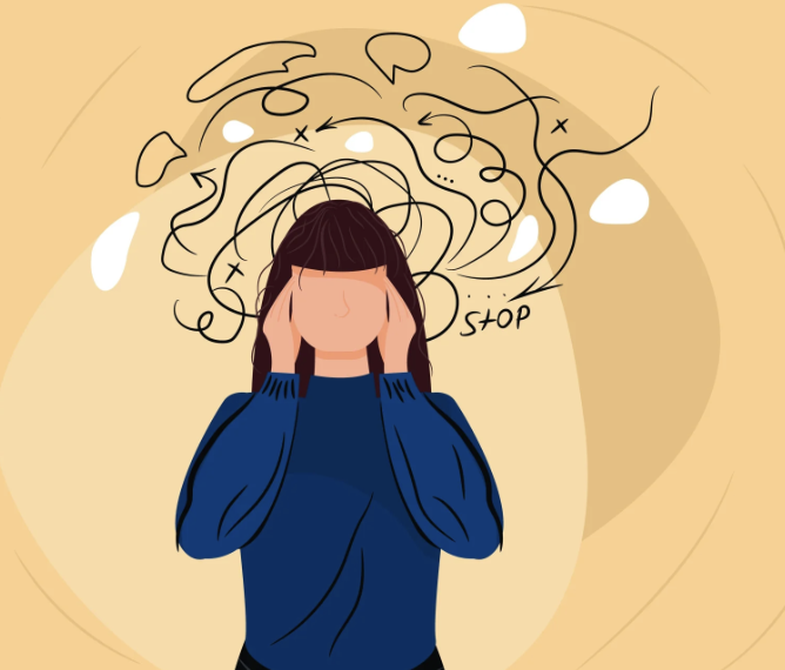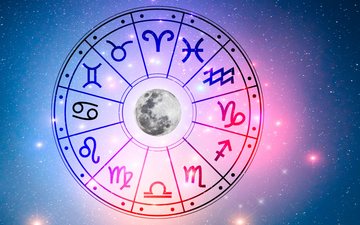
Neurotic behaviors do not have to negatively affect your relationship. While it's true that traits like anxiety and overthinking can create challenges, experts say neuroticism is just one aspect of our complex personalities.
What is neuroticism?
The psychological definition of neuroticism is different from the common sense of being "very nervous." Neuroticism involves how often people feel intense negative emotions such as anxiety, sadness and anger – and more importantly, how stable their emotions are.
How does neuroticism appear in relationships?
Your partner hasn't said "I love you" in a long time. What is the reason? A person with low neuroticism may interpret this as if the partner is "busy" or demand that the partner express love in other ways, such as through actions. A person with high neuroticism can interpret this situation in a more negative way: the partner no longer loves him, is angry or has fallen in love with someone else.
Christine Finn, a psychologist at Friedrich Schiller University in Jena, has found that neurotic people are more likely to interpret ambiguous scenarios, such as "I love you," in a negative way. They are also more sensitive to cues and remember negative information from their environment.
In general, people high in neuroticism have a more negative view of the world, including romance. They worry a lot and may insist that their partner behave in certain ways to ease their anxiety – which can result in a partner who feels controlled or resentful. They may also seek reassurance from their partner more often, which can become tiresome over time. They get stressed out by social situations and fear not being included.
Signs that neuroticism is affecting your romantic interactions include worrying too much about what your partner is doing, their goals, and whether the relationship is good or lasting.
"Because of their impulsiveness and tendency to worry, these individuals may also argue more often with their partner and have a higher probability of cheating," says Finn.
"Neurotic people's relationships tend to be more unstable - they have a higher chance of ending the relationship compared to emotionally stable people," she says.
Suggested Articles:





